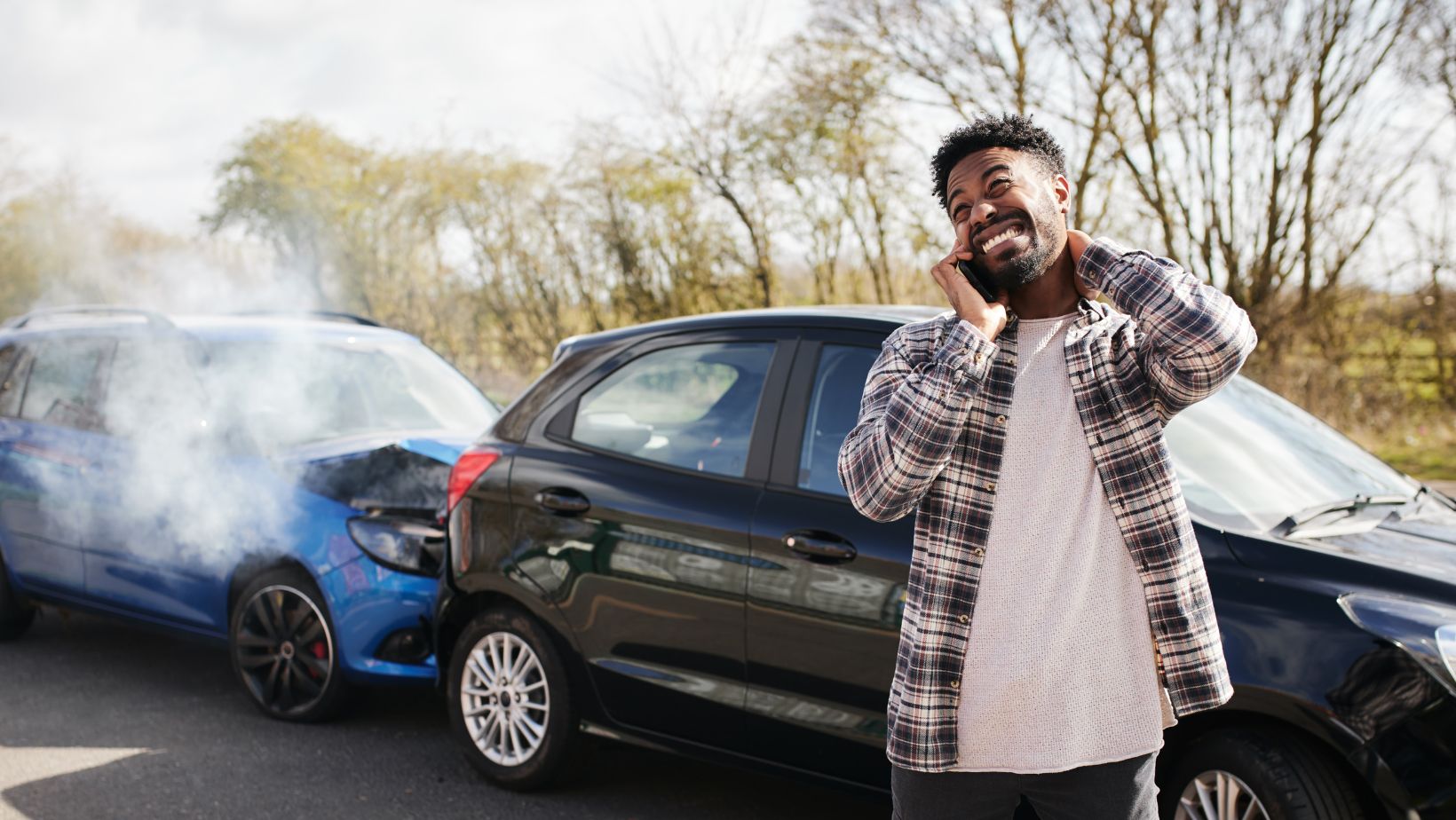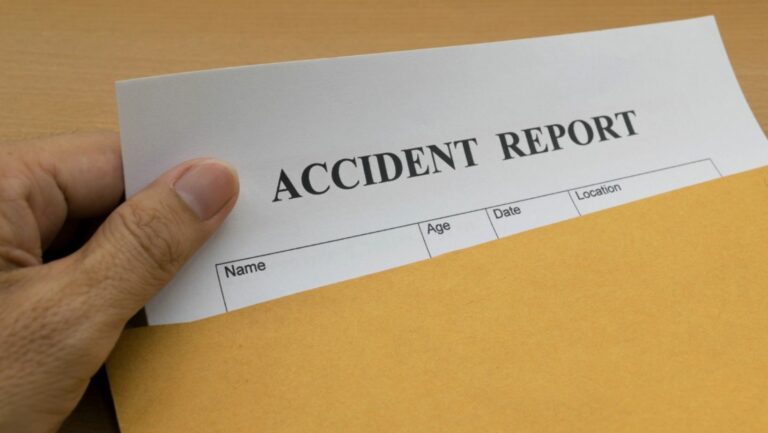Sometimes, there might be different narratives in an accident. One driver might claim that the other one ran a red light, while the other one would counter by saying that the other party was speeding.
Without a proper accident report, this “he-said, she-said” scenario can lead to disputes, finger-pointing, and difficulty securing fair compensation. This is why it is important to know the legal requirements for filing a police report.
Why Car Accident Reports are Important
Here’s why car accident reports are so important:
Establishing the Facts
Accidents can be confusing and chaotic. Memories can fade over time. A car accident report needs to be generated as close to the event as possible. If done as soon as possible, they will serve as a factual record of the accident details.
Preserving Evidence for Insurance Claims
Car accident reports are crucial pieces of evidence for your insurance company. They use this information to assess the accident, determine liability (who caused the accident), and ultimately, decide on your claim payout.
An accurate and complete report strengthens your claim by presenting a clear picture of the events.
Protecting Your Rights
A well-documented car accident report can be your shield in case of disputes. If the at-fault driver’s insurance company denies your claim or offers an unfair settlement, the documented details in the report can be used by your insurance company or a lawyer to advocate for your fair compensation.
What Accident Reports Contain
Here are the details that an accident report typically contains:
● Essential Information: A well-constructed report documents vital details like the date, time, and location of the accident. It also includes information about the drivers involved, their vehicles, and any passengers present.
● Accident Scene Description: The report depicts the layout of the accident scene, including details like traffic signals, weather conditions, and road markings. This information can be vital in accident reconstruction and understanding how the accident unfolded.
● Witness Statements: The report includes statements from any witnesses who observed the accident. These independent accounts can be crucial in establishing fault and corroborating your version of events.
● Police Observations: The report details the responding officer’s observations of the scene, damage to vehicles, and any potential contributing factors like driver behavior or vehicle malfunctions.
What to Do After the Reports Have Been Compiled
Here’s what you should do after an accident to ensure you have a copy of the report:
Cooperate with Law Enforcement
If a police officer arrives at the scene, cooperate fully. Provide accurate information about the accident, but avoid admitting fault at all costs. Make sure you stick to the facts and leave liability determination to the investigation.

Request a Copy at the Scene
If a police report is filed at the scene, politely request a copy from the responding officer. They might provide you with a case number or instructions on how to obtain a copy later.
Evaluate the Report Carefully
Once you have a copy of the report, review it carefully for any inaccuracies. If you find any discrepancies, notify the officer who created the report so they can be corrected.
Contact the Local Law Enforcement agency
If a police report was filed but you weren’t given a copy at the scene, contact the local law enforcement agency that responded to the accident.
They will typically have a process for requesting a copy of the report, which may involve a small fee.
Contact Your Insurance Company
Your insurance company might have a copy of the report on file, especially if they were notified about the accident. Inquire if they possess a copy and how you can access it.
Don’t Sign Anything Without Understanding
Be cautious about signing any documents related to the accident report without thoroughly understanding their content. If unsure, consult with an attorney before signing anything.




